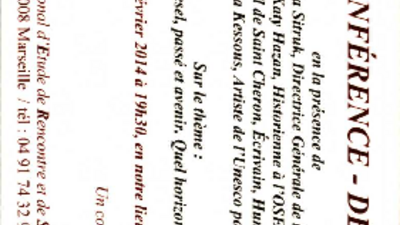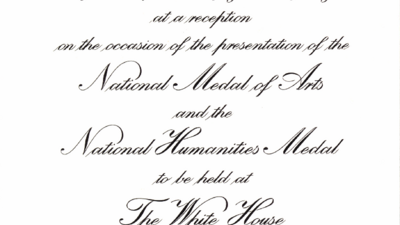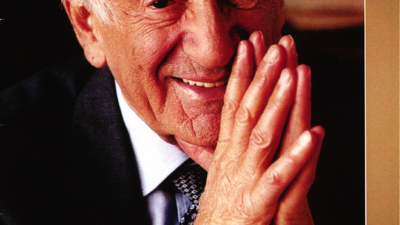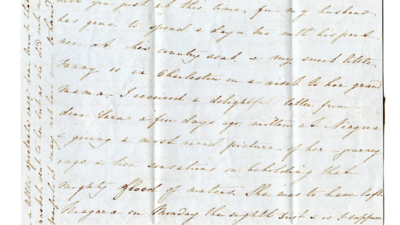Ari Fuhrman was born in Czernowitz, Bukovina, Romania. His father was a tailor. After living briefly in Vienna, the family returned to Czernowitz instead of going to Palestine. He talks about his family’s life, religious observance, his education, Communist and Zionist movements, and the cultural life of Jews in Czernowitz. He was apprenticed as a dental mechanic in 1938.
Germany invaded Czernowitz together with the Romanian army after a brief Russian occupation. Massacres of Jews began and a ghetto was established until most Jews had been deported. Ari, and 80 family members were deported to Transnistria in October 1941 by sealed train. He graphically describes the transport, how Romanians brutalized and robbed the deportees. Some Jews, including his family, managed to escape during a stop in Mogilev.
Ari and his family could live and work in the Mogilev ghetto because he was classified as a “useful Jew”. He describes cultural activities, religious observance, illness, starvation, and strategies his family used to survive. In 1943 the Jewish Federation of Bucharest tried to rescue Jewish orphans and the American Joint Distribution Committee sent aid. Kapos (Jewish Police) had to provide a certain number of Jews each day for transports. He describes conditions just before and after liberation by the Russians, when partisans briefly controlled the area. He was reunited with his parents in Czernowitz until, as part of an exchange between Russia and Romania, Ari went to Timisoara, Romania, in 1946. He stayed for 11 years, worked as a dentist, and joined Mishmar, a Zionist organization. He registered to go to Palestine but did not receive permission to leave until 1959. He joined the State Theater of Bucharest and later the TeatronHaolim (Theatre of the Newcomers) in Israel. He was reunited with his parents after emigrating to the United States in 1960.
Testimony of his wife, Chayale Ash-Fuhrman, a prominent Yiddish actress, is also in the Gratz College Holocaust Oral History Archive collection.



